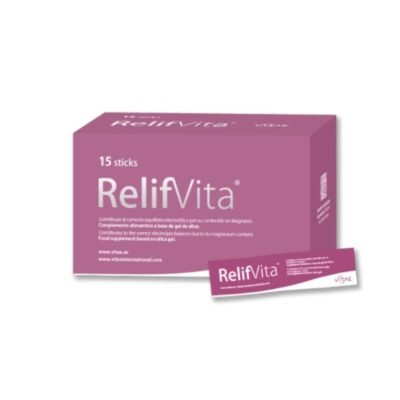Let’s start at the beginning, explaining what probiotics are. According to the World Health Organization, probiotics are live microorganisms that, when supplied in adequate amounts, promote health benefits for the organism that receives them. In short, if they are ingested in sufficient quantities it can greatly improve our bacterial flora and immune system.
- Are probiotics beneficial for the immune system?
It is believed that probiotics can modulate the intestinal immune response by stimulating cytokines and producing immunoglobulins in the intestinal mucosa. It seems that their ability to improve immune competence is due to the fact that probiotics increase the proliferation of B lymphocytes that are able to detect the entry of a certain pathogen and begin to produce antibodies. In this way, the pathogen is prevented from producing an infection.
A probiotic with widely demonstrated effects is Lactobacillus gasseri KS.13, which stabilizes the beneficial microbiota and improves the immune function by increasing the proportion of NK and IgA cells, also improving intestinal function. Its effectiveness has been proven to significantly reduce nasal congestion in patients with allergic rhinitis.
Some types of probiotic bacteria are bifidobacteria and lactobacilli. Examples of foods rich in probiotics are yogurt, kefir, sauerkraut, dark chocolate, microalgae or tempeh.
- Probiotics of natural or human origin?
Most of the probiotics are of natural origin and, although their effect is beneficial, they have colonization efficiency lower than those of human origin. This happens because the latter adhere better to the epithelial cells of the digestive system, colonizing it and increasing and advancing the beneficial results.
- The importance of having good intestinal health
The digestive system is essential for transforming food into energy required for the body to function properly and the absorbable nutrients needed to keep the body’s cells alive and functioning. For this reason, the digestive system is essential for the maintenance of body homeostasis.
A balanced diet is necessary so that the digestive system is in the best conditions and, therefore, necessary to have an adequate pH, which ensures the enzymatic functionality and maintain the bacterial diversity and maintain the oxygen gradient and the gastrointestinal barrier.
Different studies reveal that the most common diseases in the world are caused by problems in the digestive system. The digestive system is related to other body systems, for this reason it is important to take care of it and keep it in good condition.
Hipócrates already knew this and I leave you with a phrase that has stood its ground over time:
“Let food be thy medicine and medicine be thy food.”









